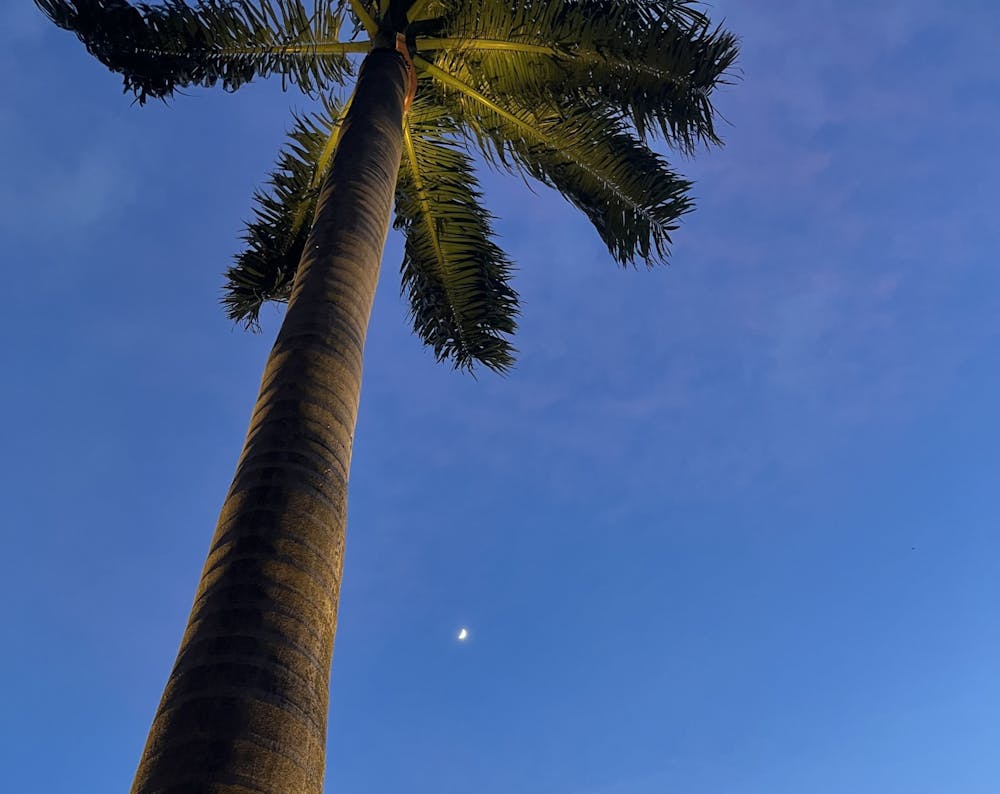I used to say that I was from nowhere, everywhere or from the South China Sea. All were true enough.
I spent my childhood between places. When I was visiting my grandparents in the Philippines or in Malaysia, people would ask me if I was happy to be back home. I never quite knew what to say. I’d experienced both places for a maximum of several weeks out of a year.
Going to school in Macau, a cultural conglomerate of Portuguese and Chinese influences, full of people from all over the world drifting through for a season or a lifetime, it was common for many to pose the “home” question. Rarely were people actually from the tiny peninsula that we lived on.
When faced with this question, I’d always name the place that I wasn’t in. In Macau, I’d say home was Manila. In Manila, I’d say Macau. I remember being gifted a map of Southeast Asia in late elementary school and pointing to the exact midpoint between the three countries and telling my mom that’s where I felt home was: a random spot in the middle of the South China Sea.
I grew up speaking English as my first language and neither of my parents’ mother tongues. Living in a place where, at the time, hardly anyone spoke English, I felt so in-place visiting family in New York and New Jersey. Being somewhere I could read every street sign and listen in on strangers’ conversations made the world feel so tangible. I thought I might find a place for myself in the U.S. But then, I came here for college.
It’s difficult to realize what you look for in a home until you’re without it. And, no matter how westernized I’d felt in comparison to my peers growing up, I felt so very Asian in America. This wasn’t always a bad thing except for when the salience of my cultural identity felt like more of a fixed designation rather than something I could engage with on my own terms. Despite this, a whole other topic on its own, I realized that much of what I was missing here were needs that could serve as my guiding compass in defining where home truly was for me.
Macau never felt exactly like home. I’d lived there longer than I’d lived anywhere else, but I’d always felt culturally distinct. And, as my high school connections to the city dissolved with my graduating class, it came to my attention that my connection had always been more to the people than the place.
A messy divorce cut Malaysia from the picture, and my coming to America made me realize how little America actually resembled the home I’d thought I could make of it. That left the Philippines, a place I’d spent vague early years and annual Christmases. It’s a strange thing, to think that a place where I don’t yet have any friends of my own, no real grasp on the language or on local transportation could be my best shot at defining home.
I used to scoff at this idea of “home.” Hence, the response of “nowhere” when people would ask me — which I did believe, for a time, feeling so distanced from all the places that I knew. Then, for another era, I said “everywhere.” I swung to the opposite extreme and told myself that maybe it didn’t matter; maybe cultures are all people, and I could feel just as connected to any one of them. But, now, being so far away from the worlds that I grew up in, I think there might be something to it.
This summer, I switched my biography on The News-Letter to Manila instead of Macau. I will admit that I am not yet as well acquainted with the Philippines as I want to be, but I’m looking forward to getting to know it. Instead of being dismissive of calling one place “home” or nihilistic about how this label might restrict, I’m excited to keep exploring what home could mean for me — as much as I’ve allowed for multitudes in its definition in the past, I’m ready to allow for specificity, too.
Kaitlin Tan is a junior from Manila, Philippines majoring in Writing Seminars. She is a Magazine Editor for The News-Letter.





